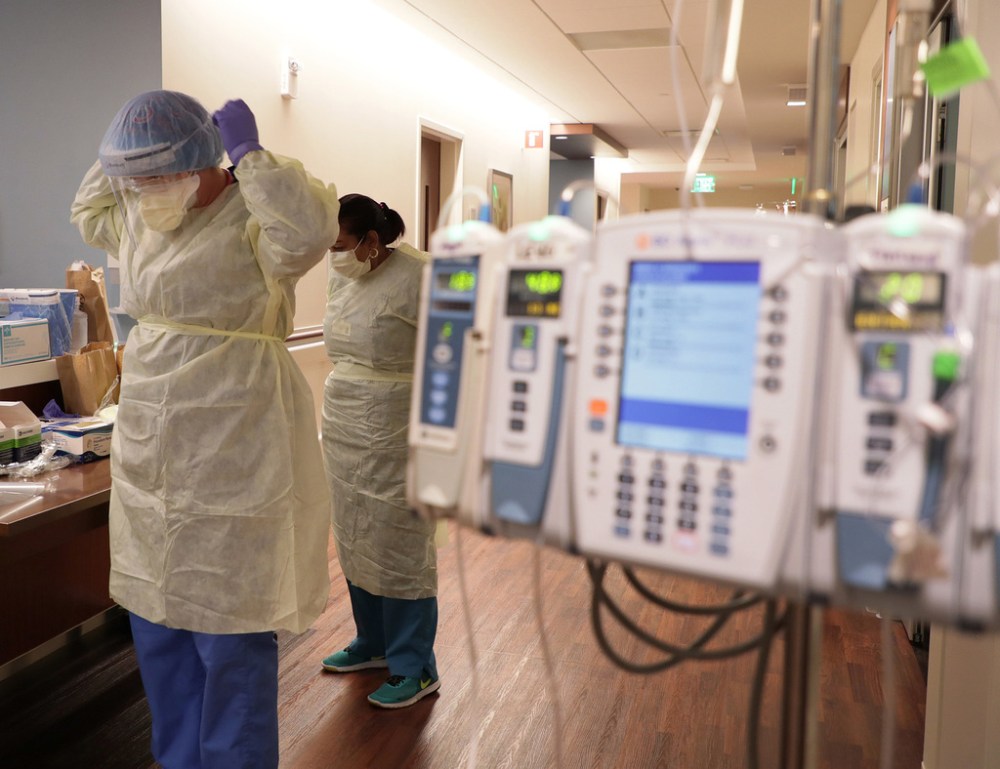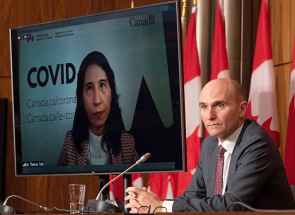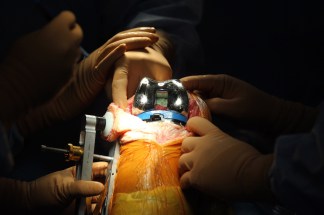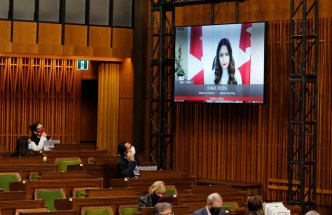Nurse-vacancy rates in rural Manitoba top 20 per cent
Read this article for free:
or
Already have an account? Log in here »
To continue reading, please subscribe:
Monthly Digital Subscription
$0 for the first 4 weeks*
- Enjoy unlimited reading on winnipegfreepress.com
- Read the E-Edition, our digital replica newspaper
- Access News Break, our award-winning app
- Play interactive puzzles
*No charge for 4 weeks then price increases to the regular rate of $19.00 plus GST every four weeks. Offer available to new and qualified returning subscribers only. Cancel any time.
Monthly Digital Subscription
$4.75/week*
- Enjoy unlimited reading on winnipegfreepress.com
- Read the E-Edition, our digital replica newspaper
- Access News Break, our award-winning app
- Play interactive puzzles
*Billed as $19 plus GST every four weeks. Cancel any time.
To continue reading, please subscribe:
Add Free Press access to your Brandon Sun subscription for only an additional
$1 for the first 4 weeks*
*Your next subscription payment will increase by $1.00 and you will be charged $16.99 plus GST for four weeks. After four weeks, your payment will increase to $23.99 plus GST every four weeks.
Read unlimited articles for free today:
or
Already have an account? Log in here »
Hey there, time traveller!
This article was published 26/11/2021 (1477 days ago), so information in it may no longer be current.
An increasing number of nursing positions in the Southern Health region has been left unfilled as health centres across rural Manitoba struggle to keep beds open due to staffing shortages.
Approximately 21.2 per cent of registered nursing positions in Southern Health were vacant as of the end of September, documents obtained by the Manitoba NDP show. Over the past six months, the region’s overall vacancy rate grew to 20.3 per cent from 16.7 per cent, or 507 total positions, the documents, obtained through freedom of information, show.
In addition, 97 health-care workers in that region are on unpaid leave for refusing to take regular rapid antigen COVID-19 tests or to be vaccinated against the virus.
A spokesperson for Southern Health said the region couldn’t specify which professions those 97 workers belonged to, but contingency plans, including moving workers between sites, are in place to maintain staffing levels “while the effects of leaves are still being felt.”
At least one nurse who works in the region said the mounting stress of covering vacancies and the constant threat of being redeployed from her home unit is pushing her towards resigning.

“I don’t see a choice in how I can work in health care anywhere in this province,” said the nurse, who didn’t want her name published due to fear of repercussions for speaking about her experience. “They just pick you up and move you wherever they want.”
While the guilt over leaving her co-workers, patients and the profession she loves weighs heavily, the lack of control over her professional life is becoming untenable, the nurse said.
“I fail to see how this is going to be fixed anytime soon with the vacancies we have, the rates people are leaving and moving to agencies,” she said.
Manitoba NDP health critic Uzoma Asagwara called the situation in rural Manitoba health facilities a “crisis.”
Documents obtained by the NDP also show nearly one in five registered nursing positions was vacant in Prairie Mountain Health as of Sept. 30, 2021.
In the Northern Health region about 25 per cent of registered nursing positions were empty, with that figure climbing to 29.3 per cent at the Thompson General Hospital.
Asagwara said the provincial government needs to make sure the voices of health-care workers are heard and begin to repair its relationship with staff.
Incentives currently being offered to nurses would be considered progress only if they lowered vacancy rates, Asagwara said.
“Unfortunately, the efforts that they’re making now just seem to signal the fact that they’re waiting until the very last possible second to maybe start showing some semblance of respect to nurses,” the former psychiatric nurse said. “This is after literally dozens, droves of nurses have left our health-care system.”
In the Interlake-Eastern Health Region, 21 hospital beds have been put temporarily out of order due to a lack of staff, said chief executive officer David Matear.
That includes 10 beds in Beausejour, six in Gimli, and five in Stonewall.
“We will suspend beds until such time we can have sustainable staffing for those beds,” Matear said. “We’ve made some inroads into that, in that we’ve secured agency staff, and we’re expecting them to come on in December, and that should at least address the Stonewall suspensions.”
The health authority boss said the baseline staffing levels for the hospitals can be augmented by agency staff and through redeployment of employees within the region, but when that baseline can’t be sustained, beds must be suspended.
Matear said part of the staffing shortage is due to regional nurses being called to assist with public health assignments and to work in intensive care units.
“When those staff are transferred away to do those various duties, there’s no pool of nurses to be able to fill in that,” he said. “This has just created another draw on the same limited pool.”
Manitoba Liberal Leader Dougald Lamont said the growing workload for nurses is hazardous.
“I’ve heard many times from nurses who are afraid that they’re going to have their licences pulled because they are so tired after working 16- and 20-hour shifts day after day, they’re going to make a mistake that hurts or kills a patient,” Lamont said Friday. “What does that say about our health-care system? That it’s broken.”
Responding to questions raised by Manitoba NDP Leader Wab Kinew in the legislature Friday, Premier Heather Stefanson said the government is adding 400 nursing education seats and is helping internationally educated nurses become licensed to work in Manitoba.
“We recognize there’s challenges. We recognize there’s more work to be done. We’re committed to getting that work done,” Stefanson said.
danielle.dasilva@freepress.mb.ca

Our newsroom depends on a growing audience of readers to power our journalism. If you are not a paid reader, please consider becoming a subscriber.
Our newsroom depends on its audience of readers to power our journalism. Thank you for your support.







